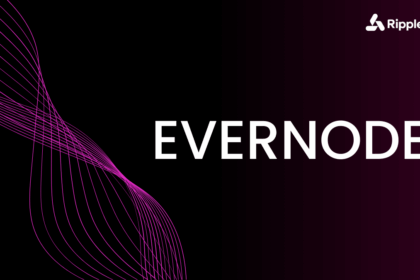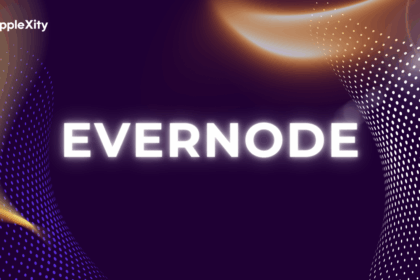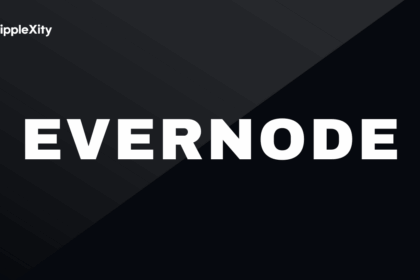As smart contract demand grows across the blockchain space, Evernode is positioning itself as a key Layer-2 solution for the XRP Ledger (XRPL)—focusing on enabling smart contracts via Hooks, decentralized hosting, and micro-payment-enabled compute environments.
Developed with scalability and decentralization in mind, Evernode introduces a novel approach that expands XRPL’s capabilities without compromising its high-performance consensus model.
🧠 What Is Evernode?
Evernode is a decentralized platform that brings smart contract functionality to the XRP Ledger using a Layer-2 architecture. It operates independently of XRPL’s base layer, which was originally designed for payments, tokenization, and native DEX functions—but not full Turing-complete smart contracts.
At the core of Evernode’s vision is the Hooks amendment, which adds lightweight logic to XRPL accounts and enables interaction with off-ledger computing systems like Evernode.
🔧 How It Works
- Hooks on XRPL (Layer-1):
XRPL’s Hooks are small pieces of logic attached to accounts that can trigger based on transactions—used for validation, access control, and logic routing. - Evernode Hosts (Layer-2):
Nodes on Evernode, called Hosts, offer decentralized compute power. They execute smart contracts written in supported languages, acting as a distributed virtual machine. - $EVR Token Utility:
Evernode’s native token, EVR, is used to:- Pay Hosts for executing smart contracts
- Incentivize network participation
- Enable micro-transactions between developers and hosts
- Decentralized Governance:
EVR holders participate in protocol governance, proposing and voting on upgrades or protocol-level changes.
📦 Use Cases
Evernode expands XRPL’s use cases by enabling:
- Decentralized Applications (dApps)
- Automated financial contracts
- Token bridges and interoperability tools
- IoT-enabled microtransactions
- Game logic and digital collectibles
By offloading computation from the base ledger, Evernode maintains XRPL’s speed and low fees while enabling rich functionality.
📜 Launch Timeline & Development
- Hooks Development:
The Hooks amendment has been developed by XRPL Labs and is still undergoing testing within the XRPL community. - Evernode Devnet:
Evernode launched its Devnet in late 2023, allowing developers to test smart contract deployment and Host functionality. - Token Airdrop:
The EVR token airdrop to eligible XRP holders was confirmed and distributed to XUMM wallets, with snapshots and claim processes completed.
🔒 Security and Architecture
- Execution Isolation:
Contracts run off-ledger to avoid congesting XRPL and to maintain deterministic ledger behavior. - Zero Downtime Design:
Evernode hosts are incentivized to stay online, and redundancy ensures contracts can be executed across multiple nodes if one fails. - Integration With XRPL Identity & Accounts:
Contracts and Hooks are linked directly to XRPL accounts, creating a seamless user experience.
Conclusion:
Evernode provides the missing smart contract layer for XRPL, doing so in a way that’s scalable, decentralized, and tailored for high-uptime applications. With EVR powering this network, and XRPL’s efficiency as the foundation, Evernode could play a vital role in unlocking new capabilities across the Ripple ecosystem.










